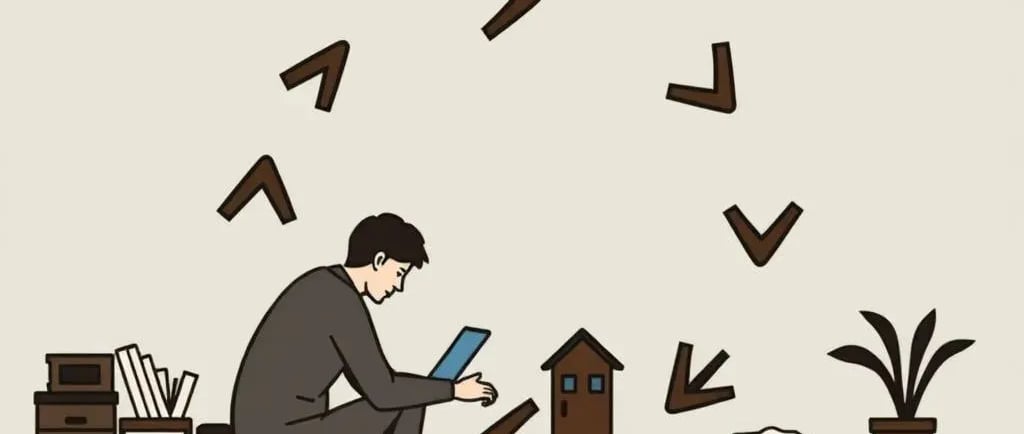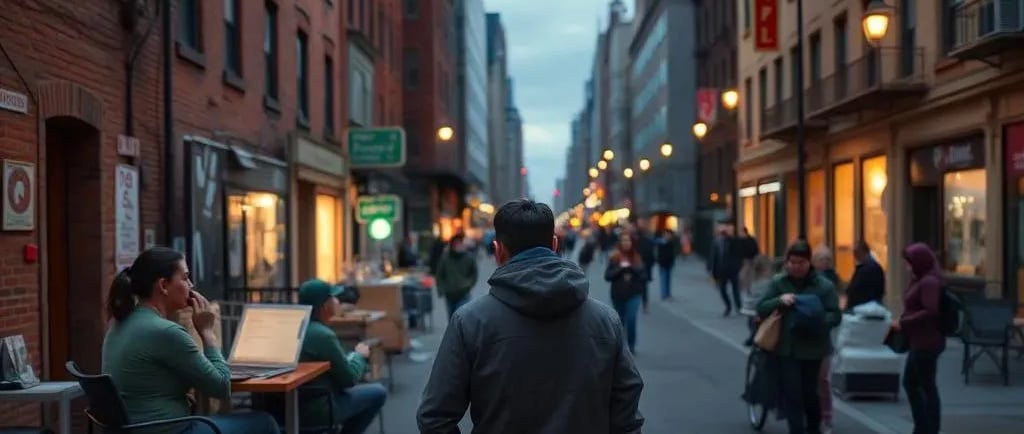The Invisible Struggle of Today’s Workers in a System That Prioritizes Profit Over Well-Being
Economic Bondage and the Elusive Promise of Stability
Most people live in a form of economic bondage today. The cycle of work obligations, bill payments, basic necessities, housing, and affording a modest, reasonable lifestyle is unending. That hardly describes contentment, living the American dream, or even living; it describes the rat race of modernization that so many individuals are bound to.
It is like an endless runaround for the average worker, who has little chance of financial stability or the cash flow to enjoy life. The majority of people now live paycheck to paycheck unless one has a stroke of good fortune. Some people work two jobs and barely make enough money, only to be told they don’t qualify for an apartment because their income is insufficient.
People pursue a higher status with more ambition when they don’t feel drained. Unfortunately, many individuals are unable to enjoy the rewards of what they have worked so hard for, and often, a family member or someone else ends up relishing the benefits of the work they have put in. The average underpaid worker discovers that the pursuit of hustle, without pausing to appreciate the beauty, has mainly become financially unfeasible. Even if “hustling” is reading or motivating, it may also demonstrate how serious the imbalance has grown and why the struggle goes beyond mere burnout.
Increased living expenses exacerbate the crisis, while wages have stagnated or are dismal. Increases in food, transportation, rent, and many other items have affected us all. Still, it is tragic and unacceptable when wages stagnate and you can no longer afford a comfortable life with a job and two or three roommates. Working additional shifts or hours doesn’t help much either, making it far less likely to even think about bettering your life.
Experiences increasingly indicate that many activities feel like merely running in place, leading to stress and exhaustion when making choices about life direction. While it’s not impossible to find stability, societal issues—such as economic, social, and environmental inequalities—reshape our laws and public policies, potentially stripping away the joy and peace necessary for a stable life.
Ultimately, a significant portion of the workforce exists in a society where personal well-being is undervalued in favor of wealth or mere survival, which impacts family life significantly. To enjoy the freedoms we have worked so hard for, we must strive to find financial stability as soon as possible. Without economic security, it becomes impossible to pick yourself up after a setback or to engage in life in its entirety. Financial freedom is not the end goal—it is the baseline for living with peace, intent, and fulfillment.
© 2025 Rich Vibes Publication. All Rights Reserved.





